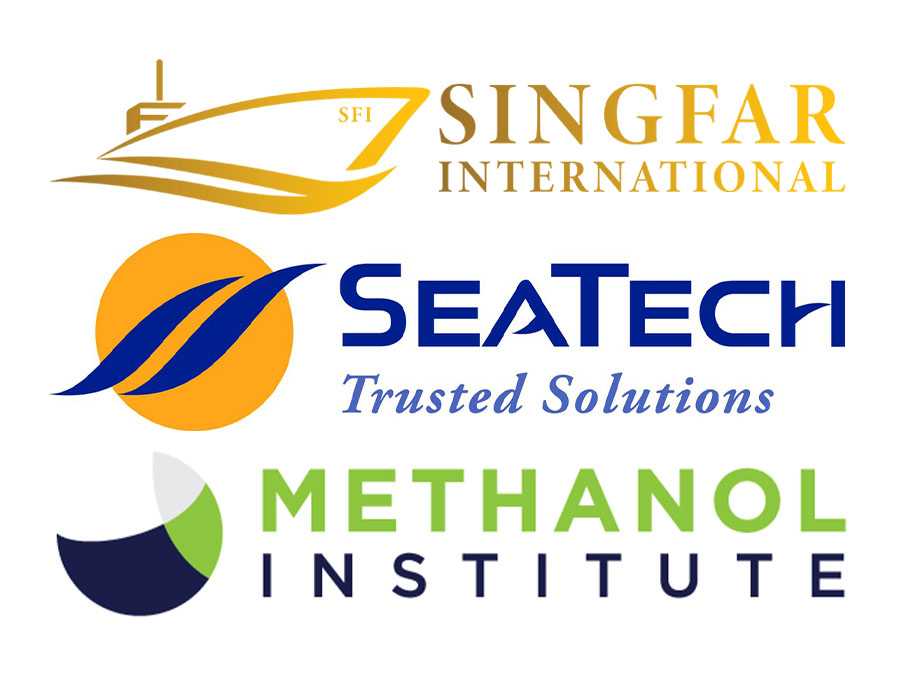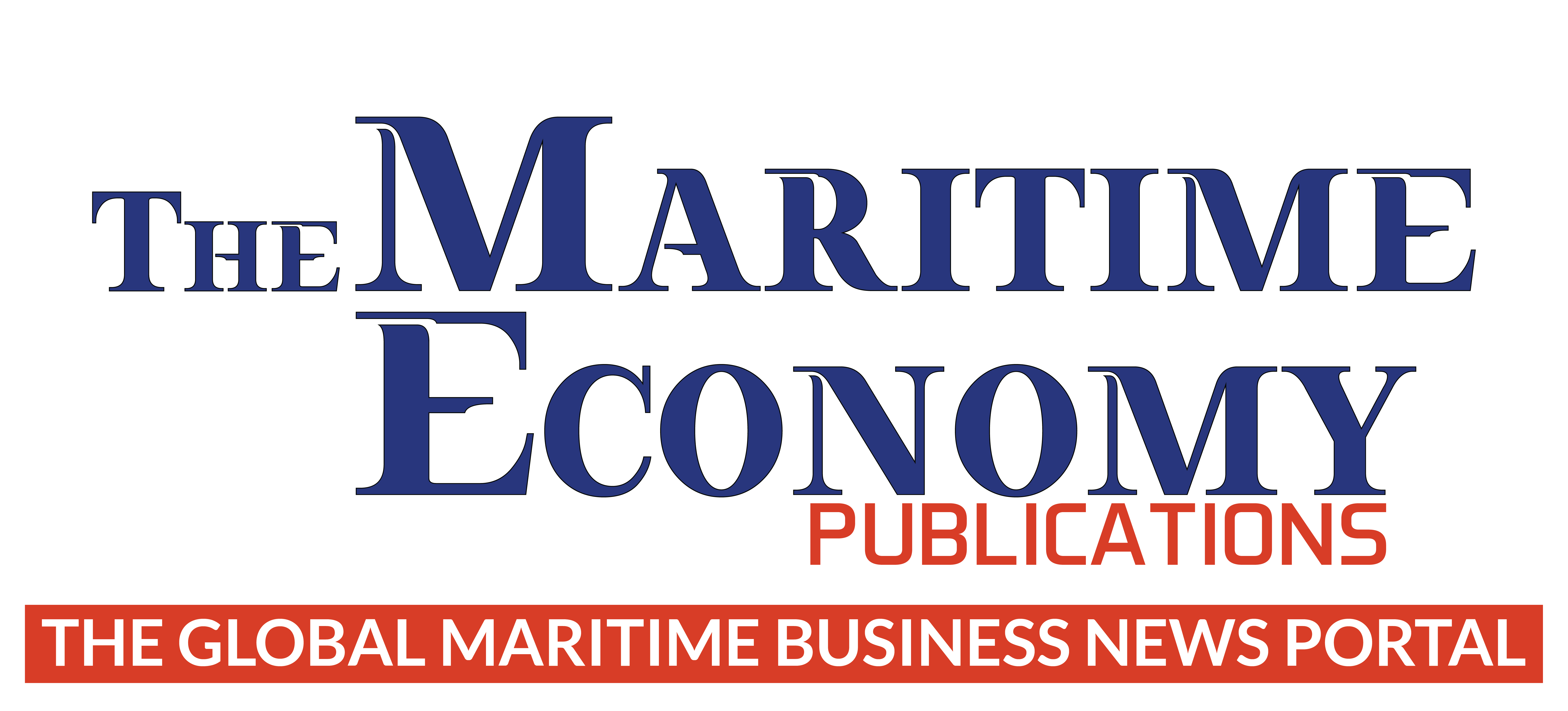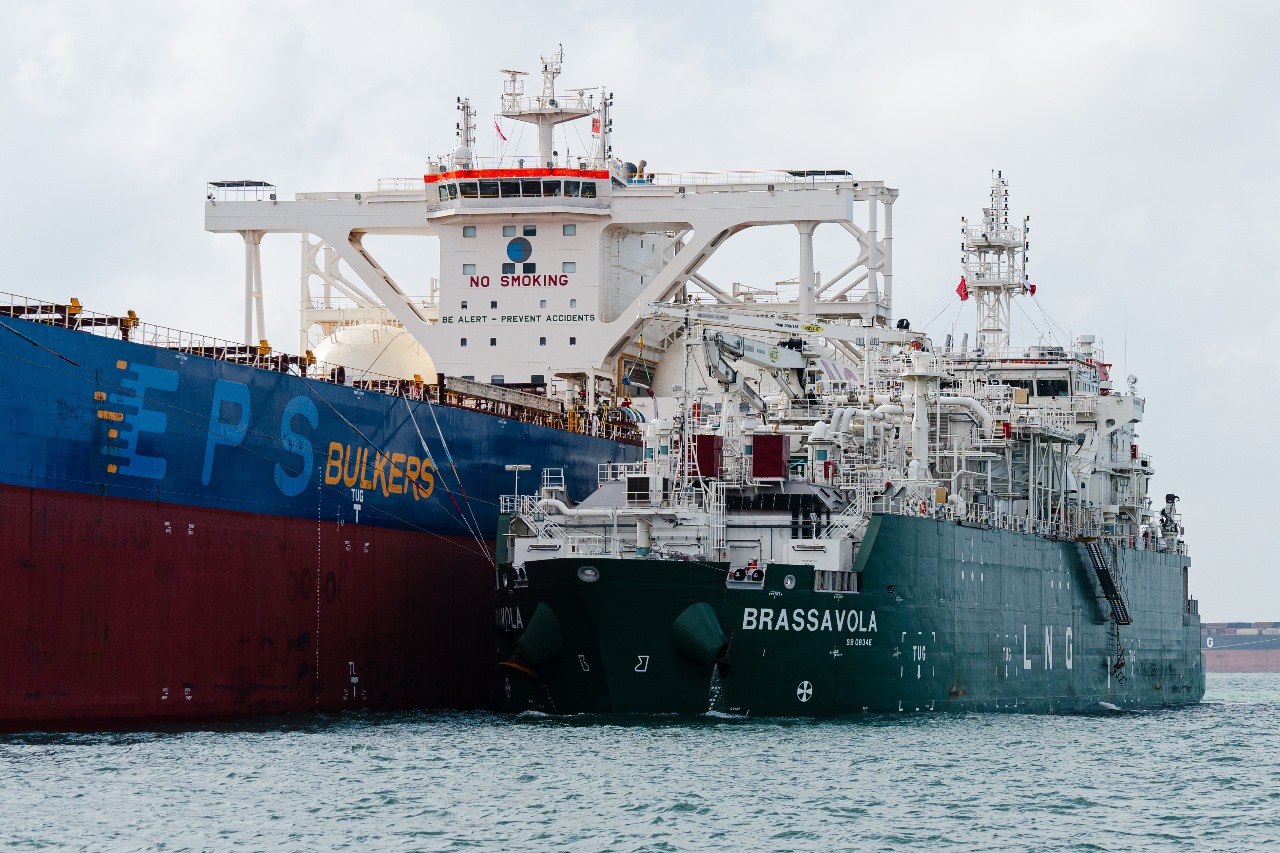SeaTech Solutions, Singfar International, Methanol Institute in 'first step' for methanol bunkering at Singapore

SeaTech Solutions, Singfar International, and Methanol Institute (MI) on Thursday (27 January) jointly said they have agreed to collectively conduct a study that will assess current gaps in operating procedures, infrastructure, and equipment onboard bunker vessels in Singapore that will have to be bridged for the safe conduct of methanol bunkering operations in Singapore.
As the international shipping industry steams ahead with its plans to decarbonize under the mandate of the International Maritime Organization (IMO), different alternative fuels and technologies are explored to reduce the environmental footprint of marine vessels.
Methanol has been identified as a viable alternative fuel which can be deployed today to reduce the emissions of the shipping industry. As a clean-burning liquid fuel, methanol can deliver immediate emission reductions onboard marine vessels. When methanol is produced from renewable feedstocks such as carbon dioxide and agricultural residue it becomes a very low-carbon, and potentially carbon-neutral, fuel for ships.
This has led to a growing interest in methanol as a marine fuel. Currently, dual-fuelled vessels burning methanol already ply global trade routes and more newbuilds recently announced are expected to be in operation in near future.
As a global bunker hub, Singapore will need to develop the necessary capabilities, expertise, and facilities to bunker different alternative fuels including methanol. Currently, there lacks a dedicated bunkering standard for methanol in Singapore.
The IMO had previously issued the Interim Guidelines for the Safety of Ships Using Methyl/Ethyl Alcohol as Fuel which outlines key considerations for methanol bunkering operations. Lloyd’s Register has also published its Methanol Bunkering Technical Reference which provides guidance on the safe bunkering of methanol with checklists to assist shipowners, operators, ports, and bunker suppliers.
Despite international experience with bunkering methanol at other ports, the parties of the MoU acknowledged that local circumstances and regulations in Singapore will have to be considered to ensure that procedures are fit for the safe and efficient bunkering of methanol at the world’s biggest bunker hub.
The study will consist of three elements. The parties will identify reference cases for methanol bunkering at other ports and review existing recommendations for methanol bunkering to assess the necessary modifications to adapt methanol bunkering procedures to the Singaporean context.
Singfar International has also identified MT HANTEK 3 from its fleet of bunker vessels which SeaTech Solutions will evaluate and identify gaps to propose the necessary modifications and engineering work required for the vessel to bunker methanol.
Lastly, SeaTech Solutions will prepare a conversion specification & concept design for Methanol Bunker Vessel, based on its recommendations for the MT HANTEK 3, for an Approval-in-Principle submission.
This study will serve as the foundation for developing standards and procedures for methanol bunkering in Singapore and strengthen Singapore’s position as a leading global bunkering hub providing shipowners with the continued confidence.

